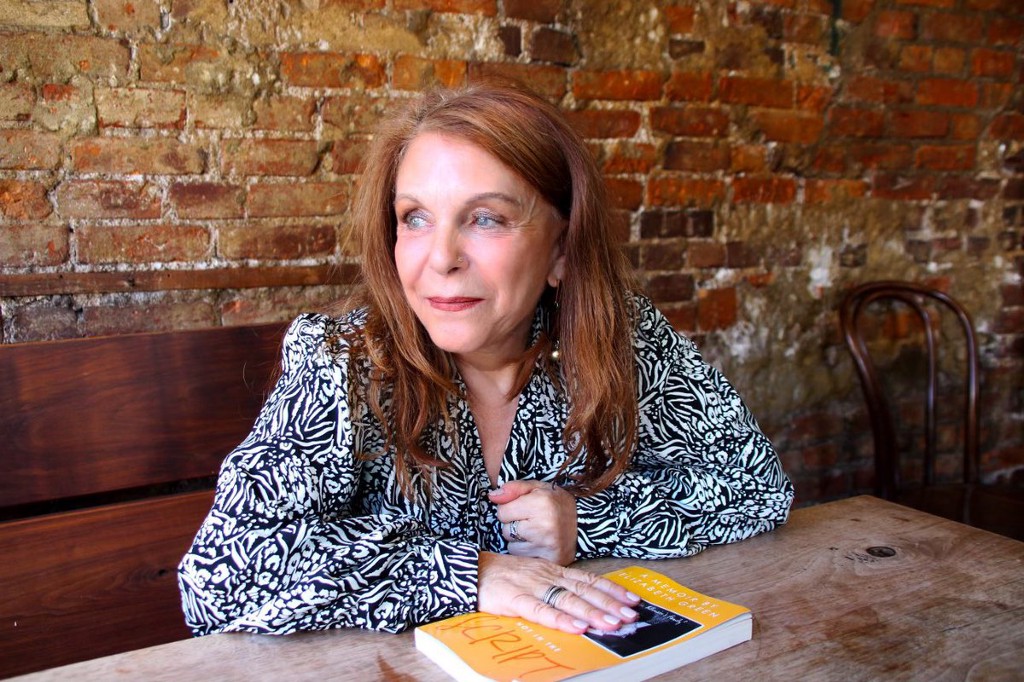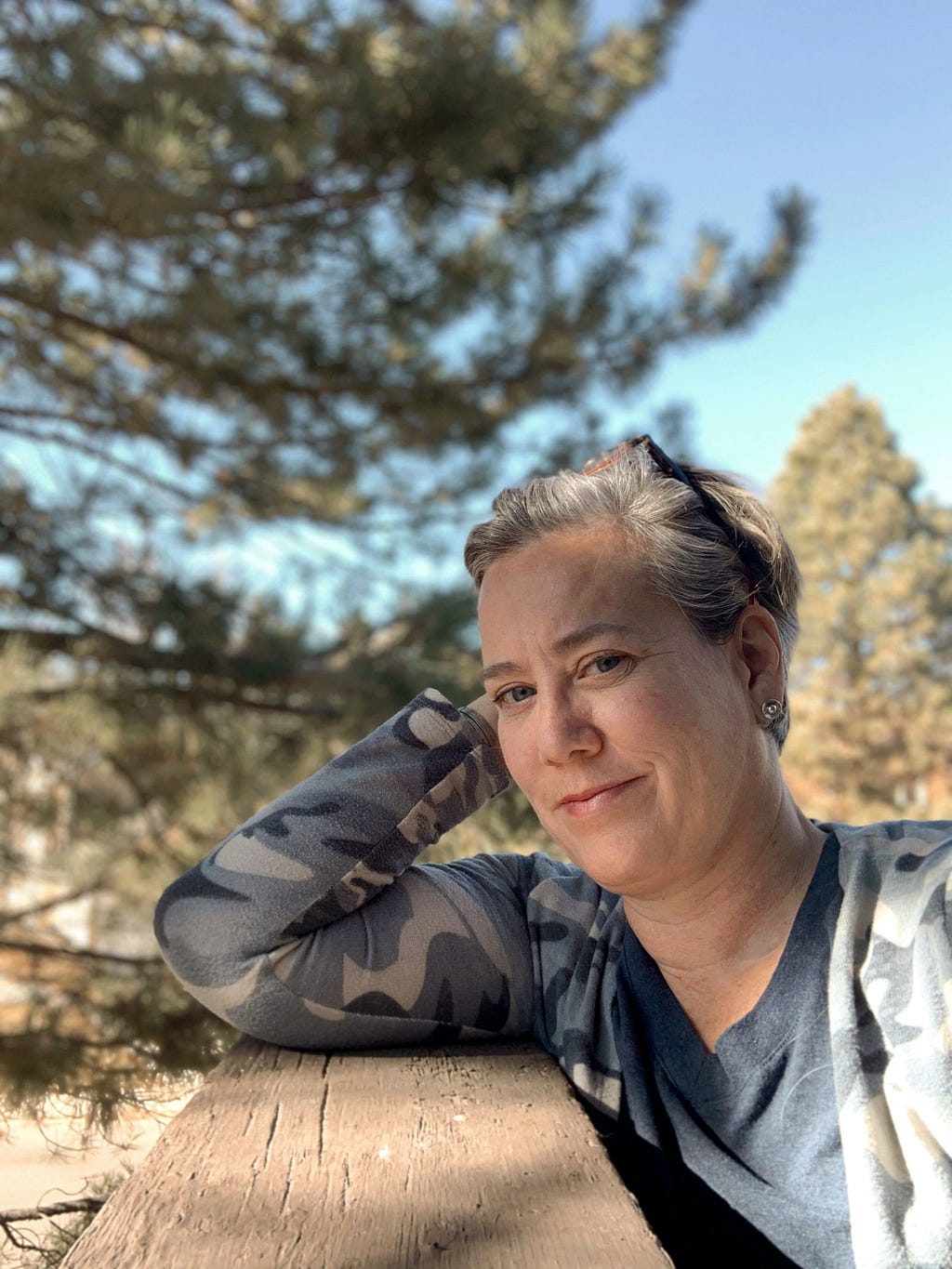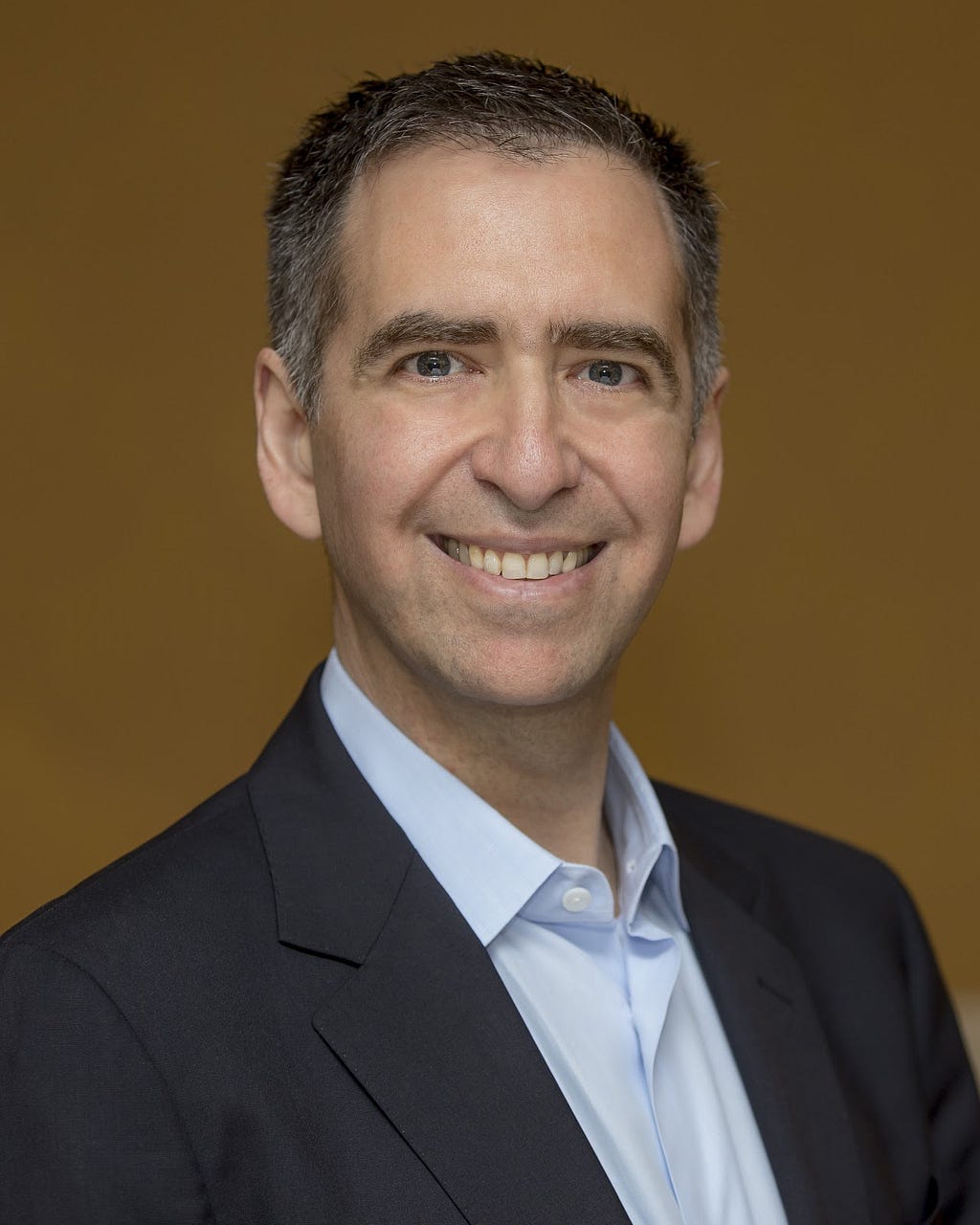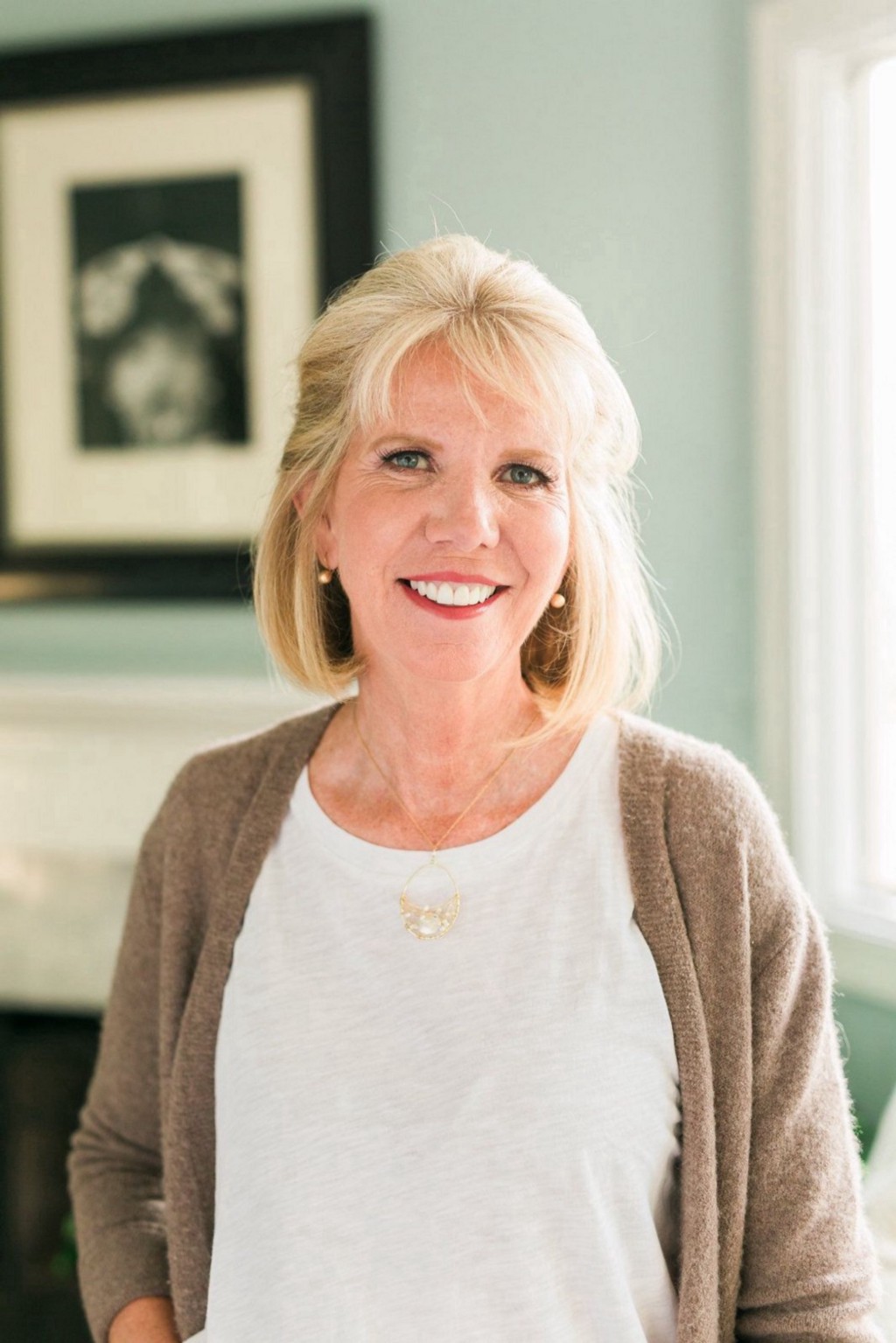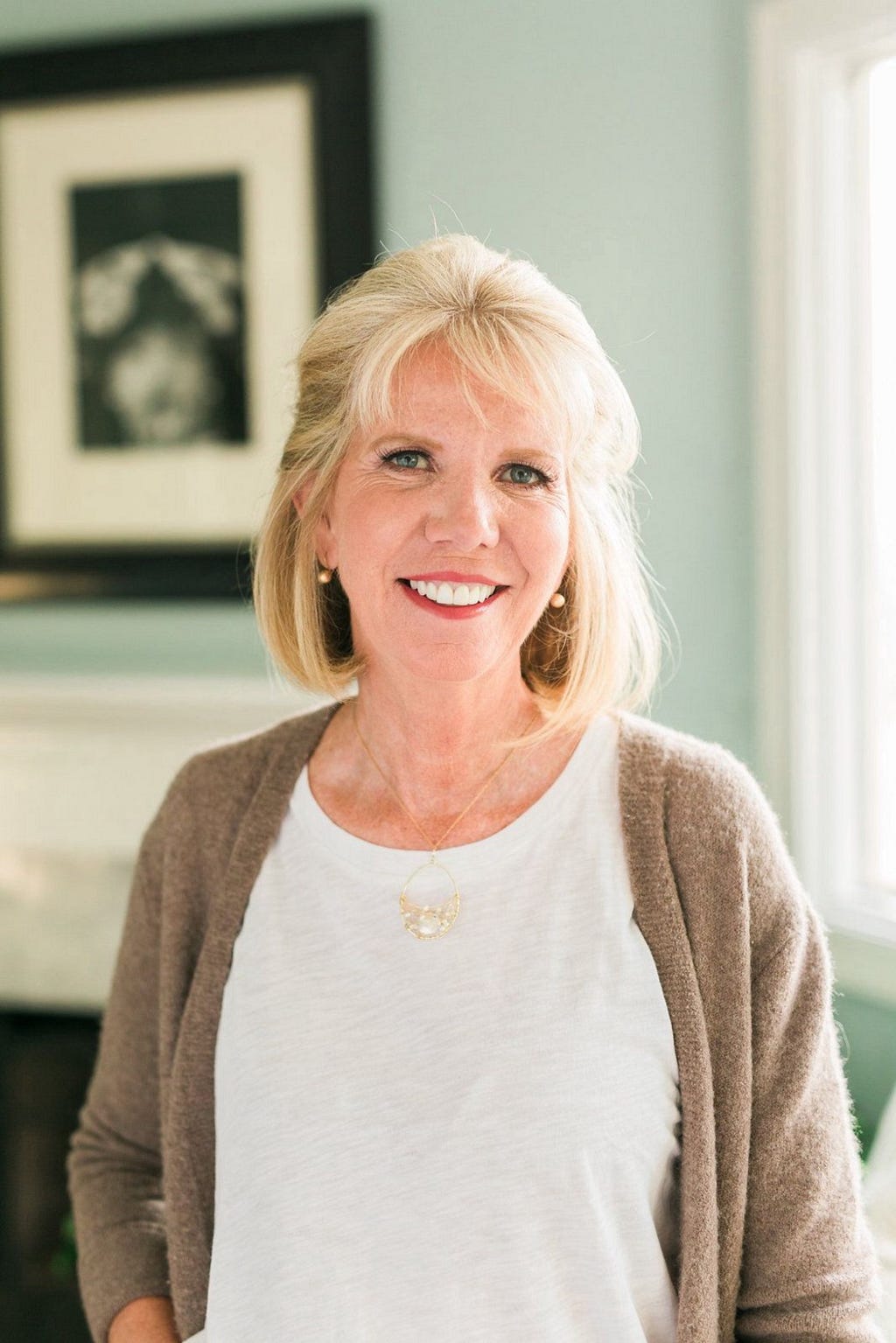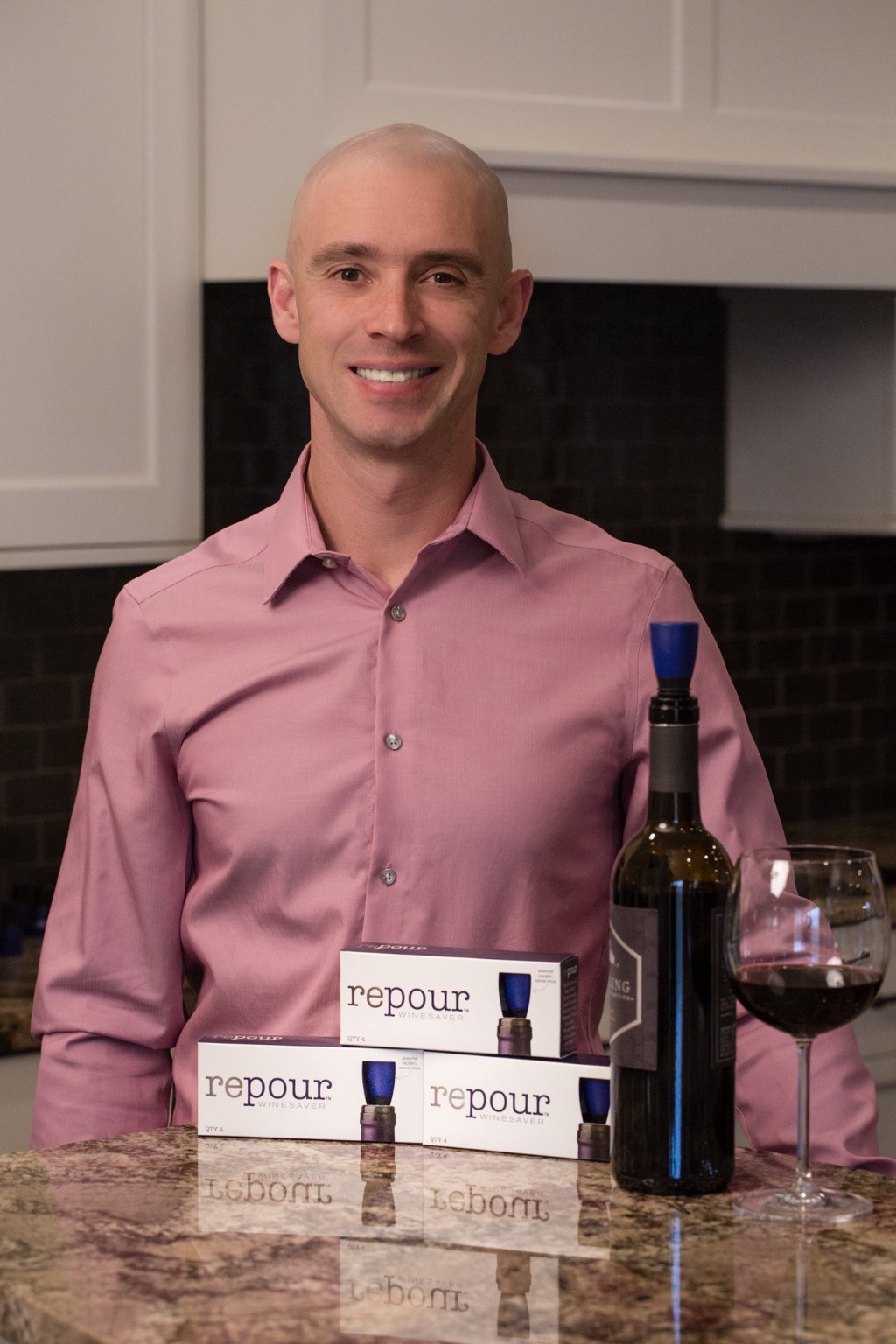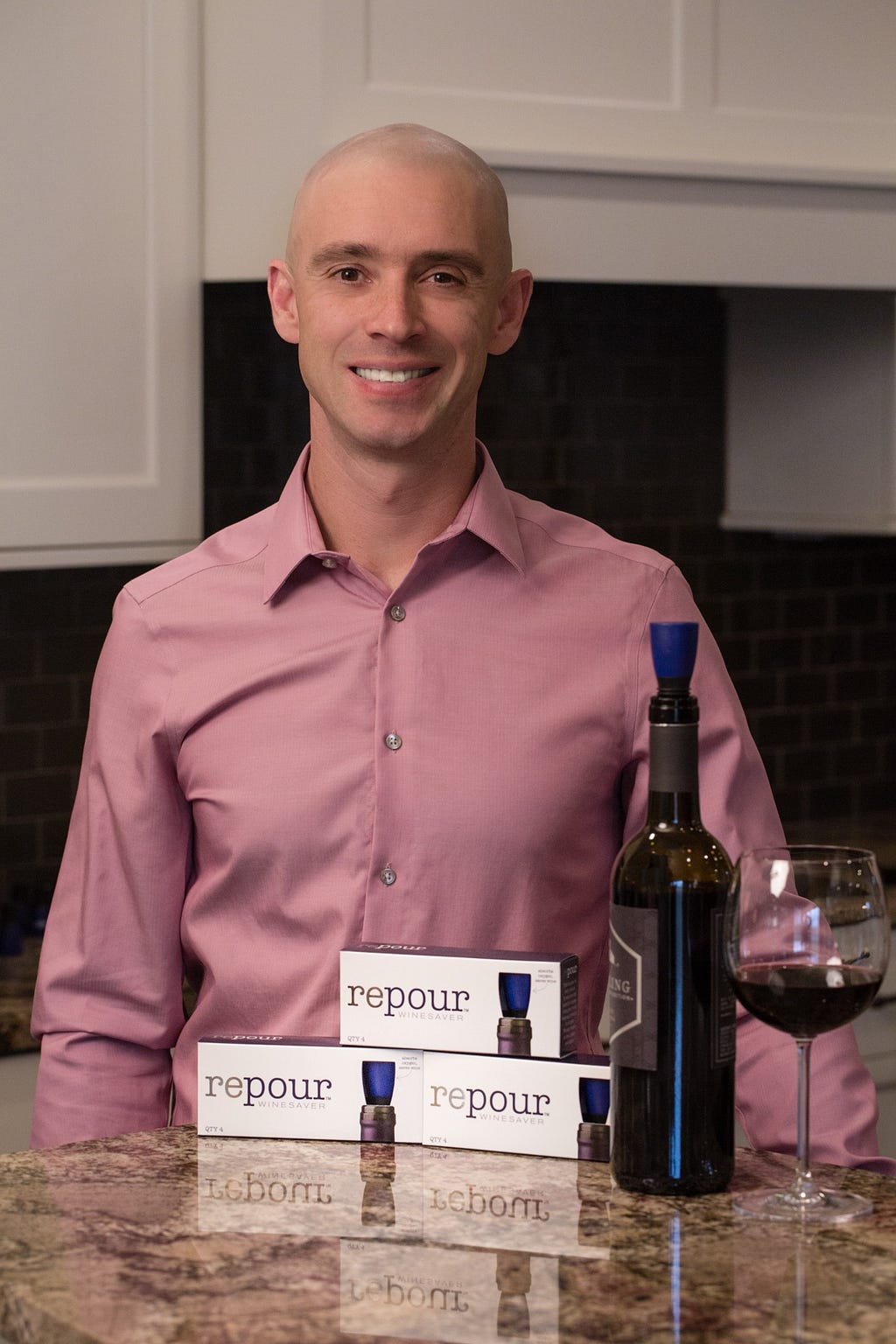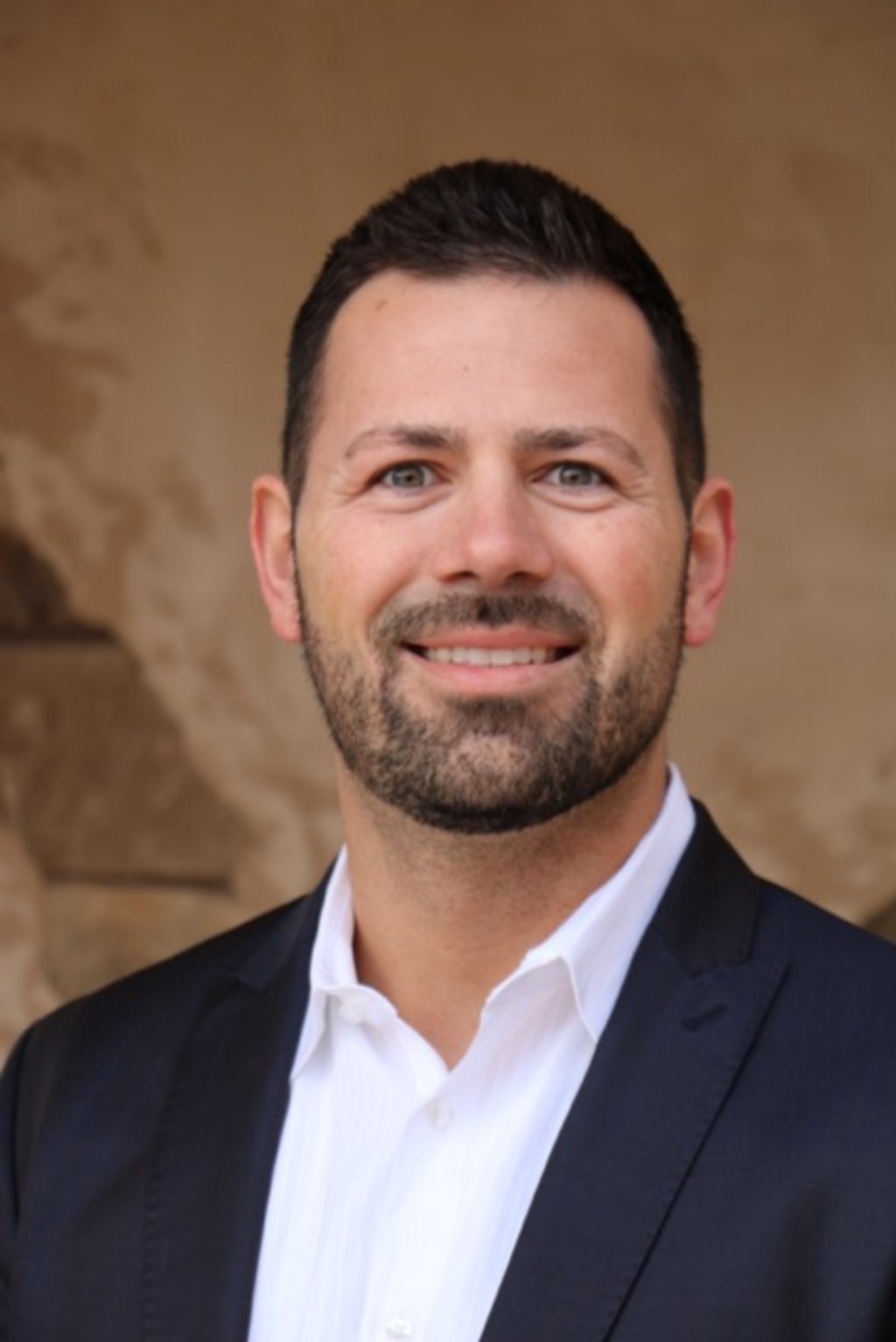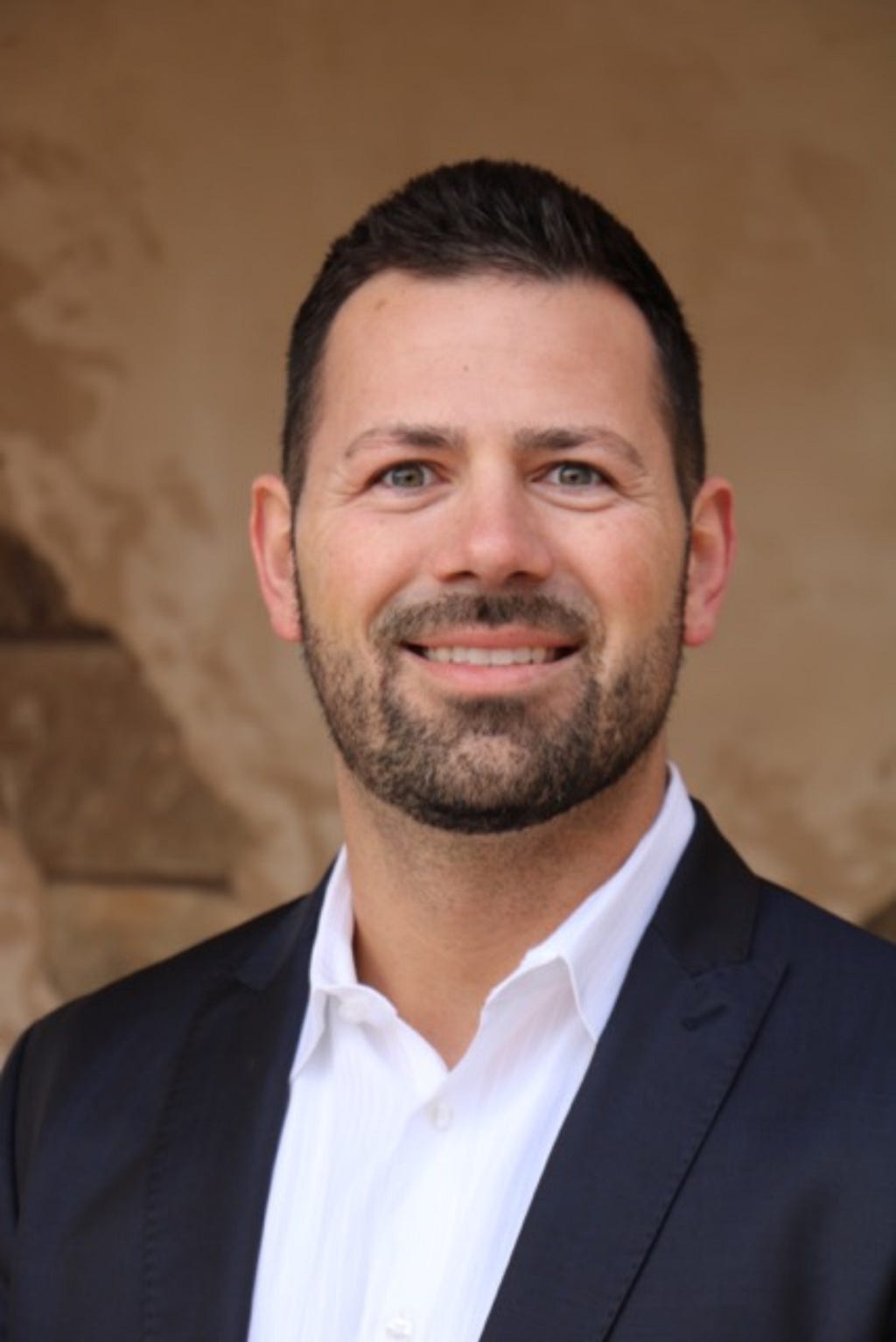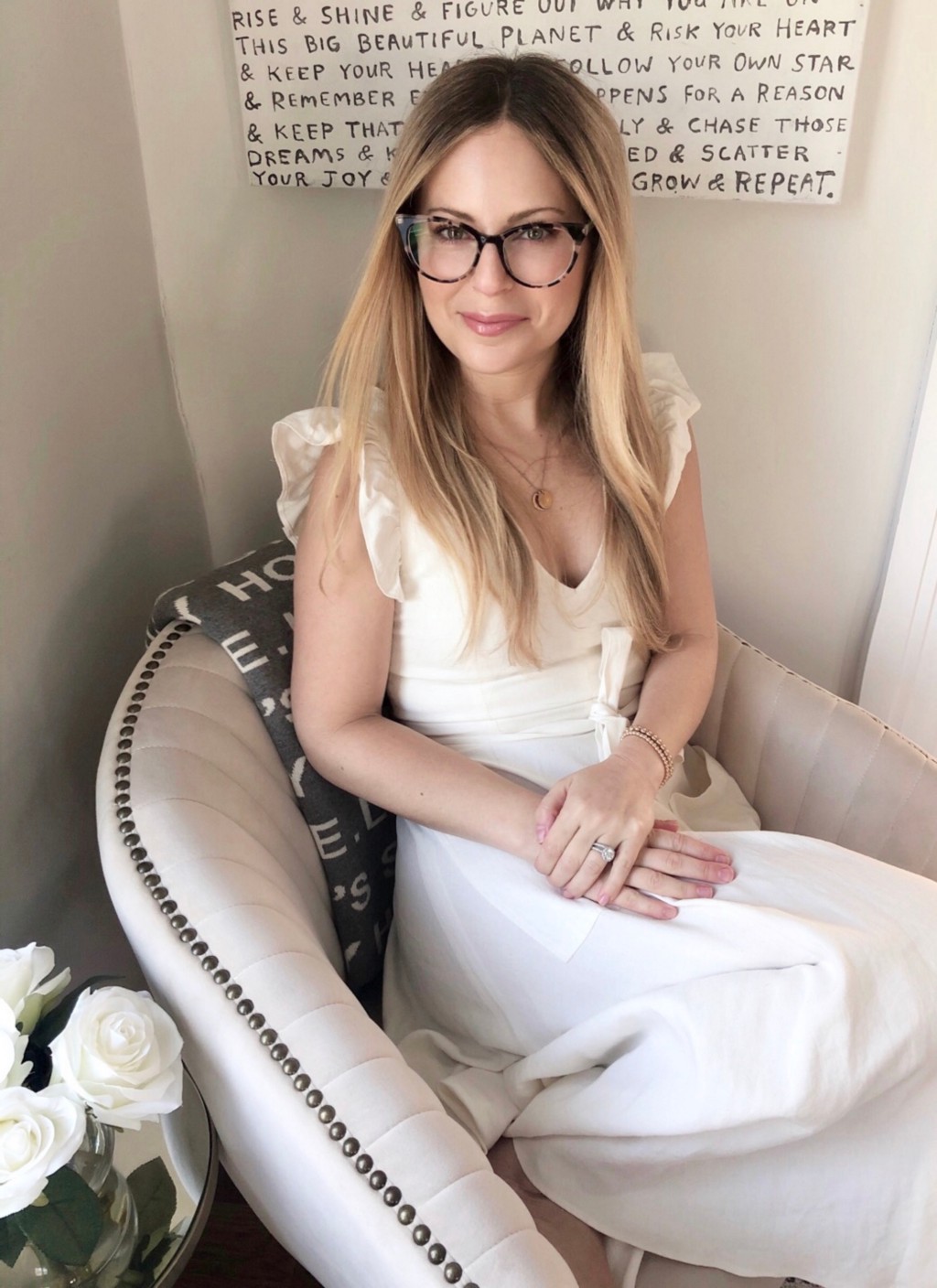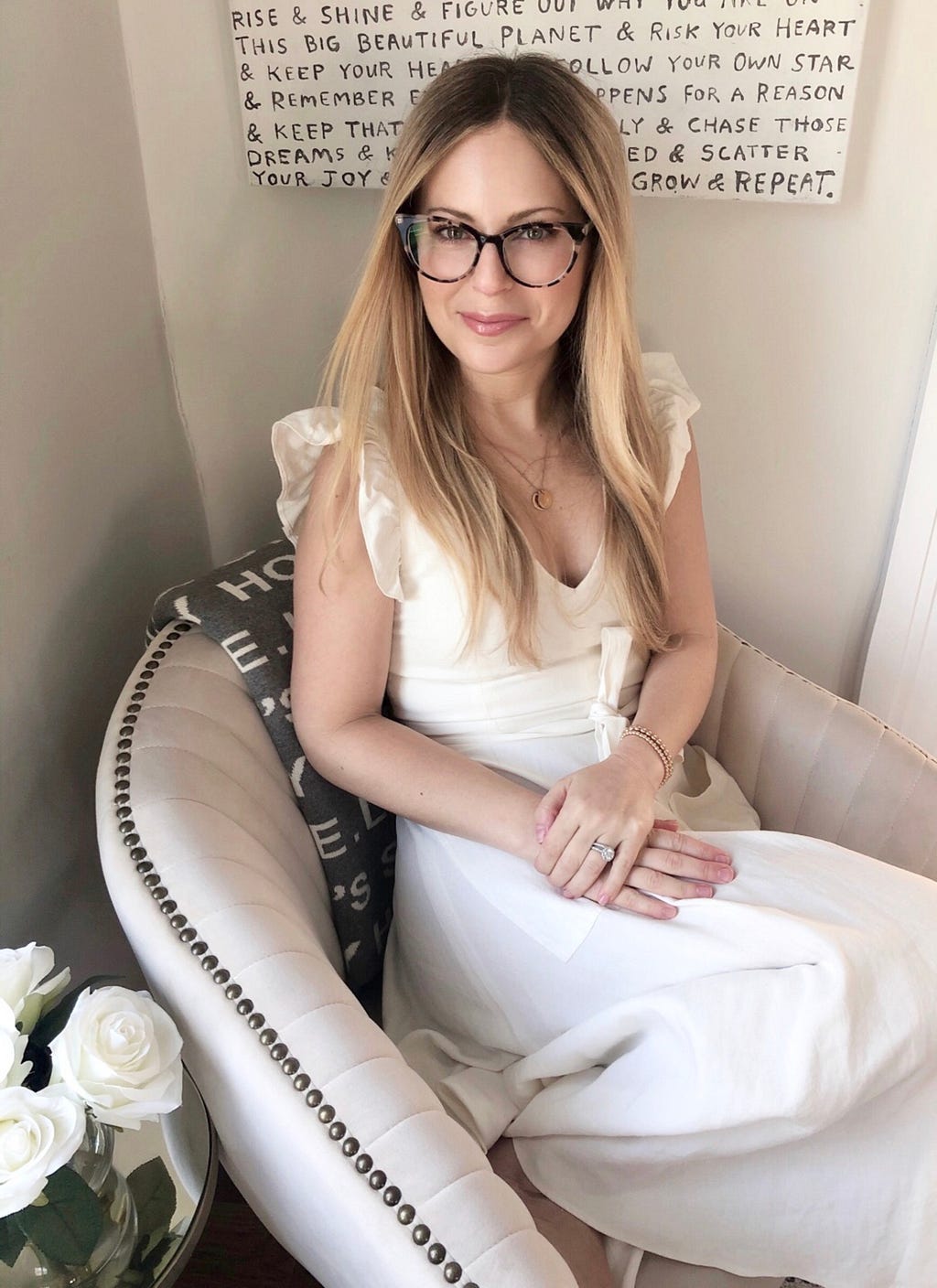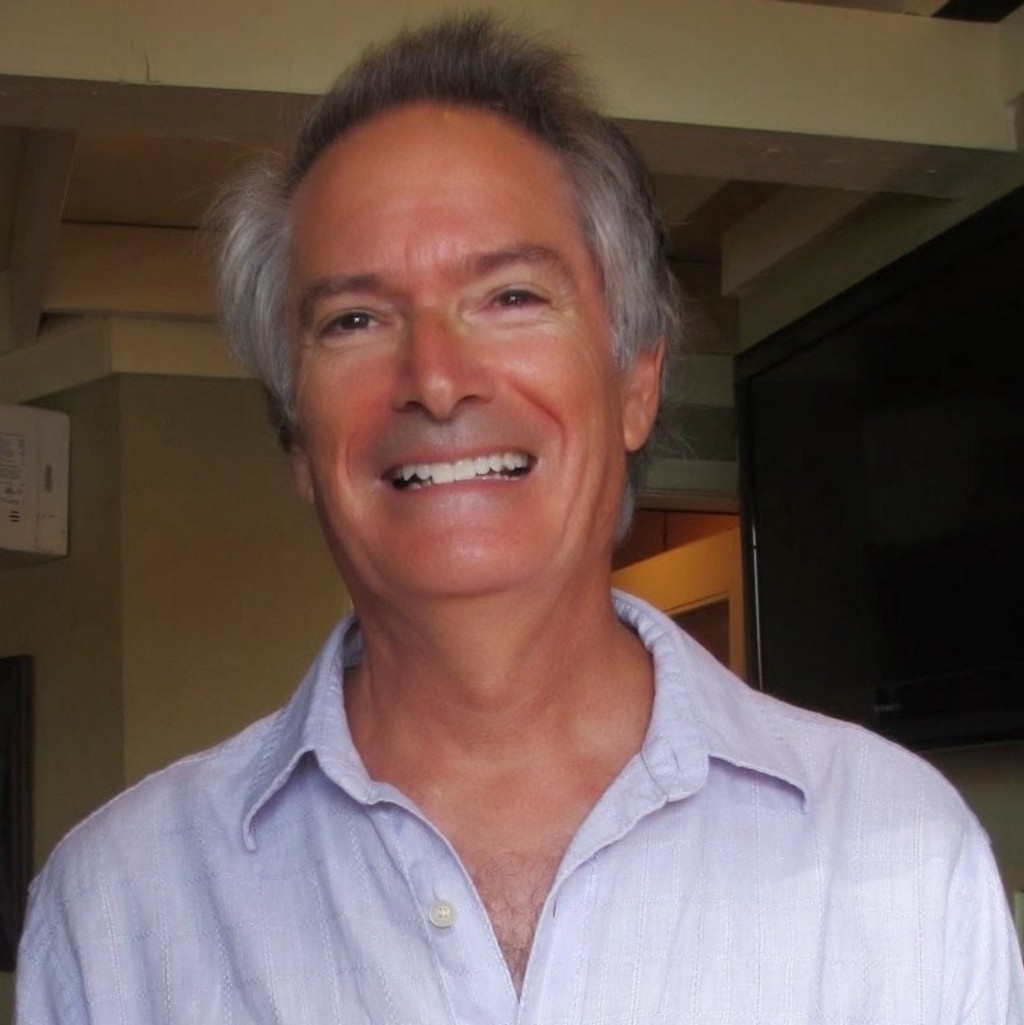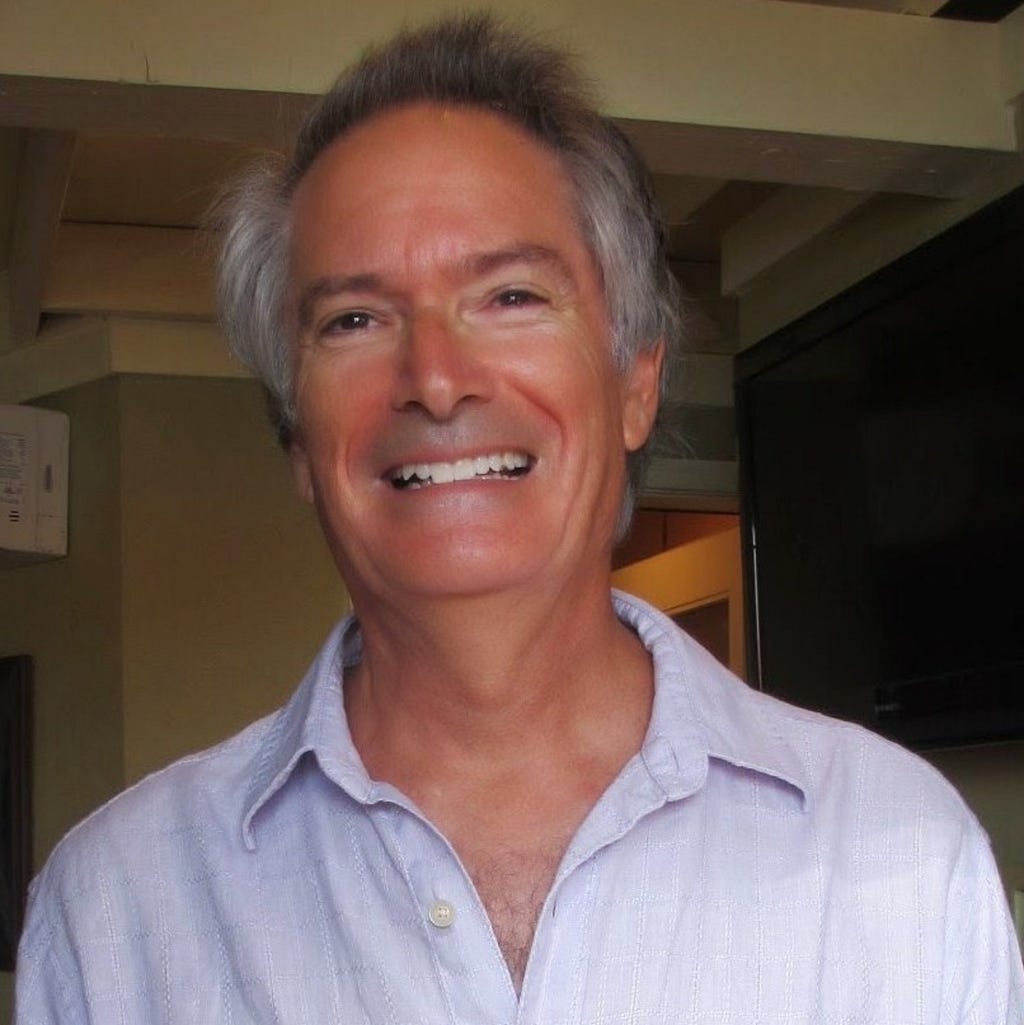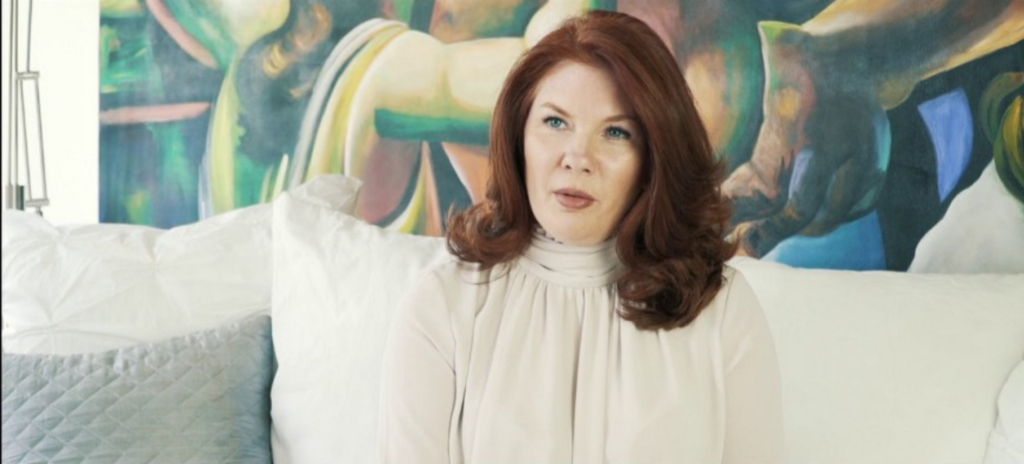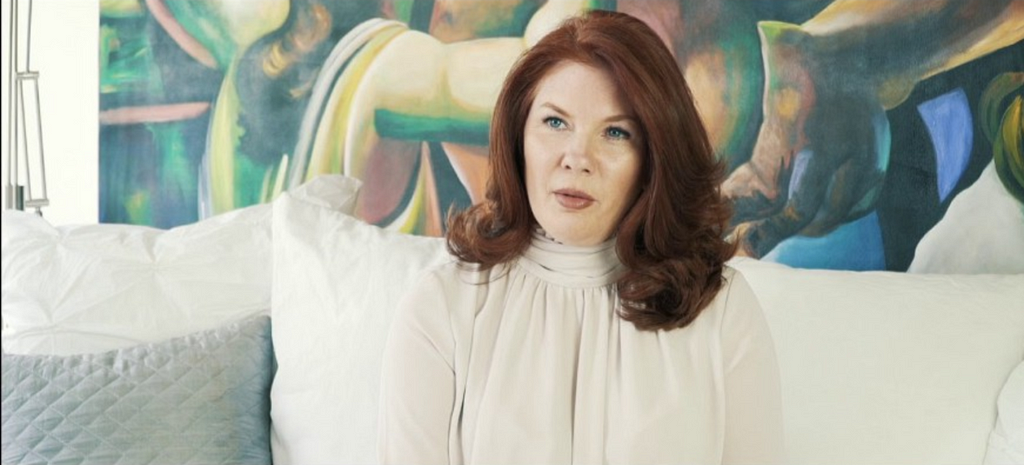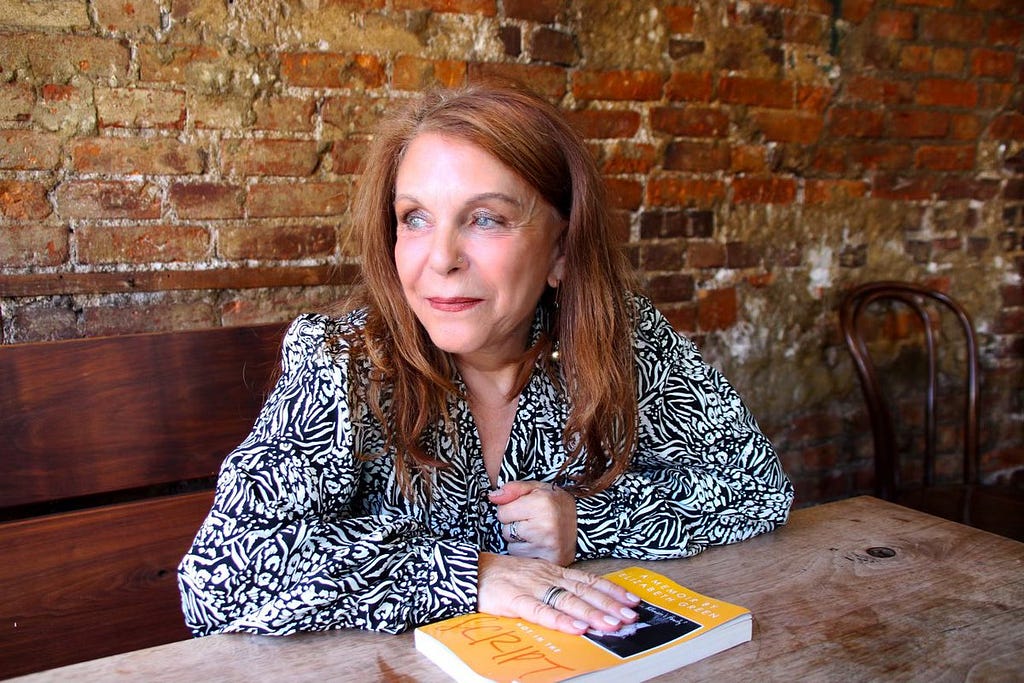
It’s OK for ask for help, but “experts” aren’t always expert!! Illustrated in all of the above. But still be careful. When I first took ownership of the restaurant, I didn’t know anyone in New York. I was recommended a liquor lawyer who put my application in to the State Liquor Authority. We attended the Community Board meeting and did everything I thought we had to do. We were granted a license to serve beer and wine.
As part of our series about “5 Things I Wish Someone Told Me Before I Became a Restauranteur”, I had the distinct pleasure of interviewing Elizabeth Green.
Elizabeth Green was brought up in London. After her divorce in 2007 she set off in 2009, for a ‘new life’ in New York. She only knew three people here, luckily one of them suggested she look on businessesforsale.com to buy a business. Surprising herself, she found a fabulous location in the West Village, opposite Washington Square Park, and she started her restaurant business. After a couple of incarnations, the restaurant became Planted, a plant-forward bistro. In 2020, although it was a lockdown year, for Elizabeth it was a busy, momentous year as she published her first book, ‘Not In The Script’, and opened Planted. This is her coming of age moment, her coming out of the shadows moment, her having a voice moment. She has three grown up children and two small grandsons in London, just a FaceTime away.
Can you tell us a story about the hard times that you faced when you first started your journey?
My journey is quite interesting. I have a great backstory, great for everyone except me. I like to joke, I’m a jokester, maybe to cover the hurt I have experienced with my family? I would like to do stand-up comedy, if I have the courage!! We’ll see.
I was brought up in London, I lived in India for two years and now I live and run my own plant-forward restaurant called Planted in New York.
My brother Sir Philip Green is a famous entrepreneur and billionaire businessman known and probably hated by many. He was knighted by the Queen in 2006. He owned Topshop in New York for ten years before it closed in June 2019.
My son the business journalist could tell you the whole, real, backstory. I can only tell you what it has been like being not loved, not included, and certainly not encouraged. My mother was besotted with her son, I called her flat the ‘Philip Green shrine,’ she had pictures of him on every wall, it looked like she only had a son.
This is all in my memoir. It’s called ‘Not in the Script.’ I called myself ‘the black sheep in the billionaire’s family.’ After my divorce, I escaped to New York to be away from the constant mention of him in the British newspapers, particularly the Daily Mail, which sometimes stretched the truth.
I was interviewed by the Daily Mail in October 2020 to precede the publication of my book, the headline read:
‘Sir Philip Green’s sister details in memoir her tempestuous relationship with billionaire brother’
I did not intend to buy a restaurant, it just sort of happened, I’d never run a business, much less a restaurant. I couldn’t have chosen anything harder if I’d tried. But I wouldn’t have learned the things I learned sitting in the pandemic in London. I do the payroll, my mother must be turning in her grave, she thought I couldn’t do figures, in fact she thought I couldn’t do anything.
To read the rest of my story you’ll find it in ‘Not in the Script’ or come by the restaurant for a mango lassi and I will autograph a book for you.
Where did you get the drive to continue even though things were so hard?
The good thing about being Sir Philip Green’s sister? I have some of his tenacious qualities. I have drive, I have persevered and pushed through and taken the knocks, just as he has.
I have a sticker on my fridge that says, ‘NEVER NEVER NEVER GIVE UP’. I believe that’s attributed to Winston Churchill.
Yes, I had a little extra money, but that would never have been enough to cover the pain and hurt from being raised in a family that did not show me love or support for anything I did.
So, how are things going today? How did grit and resilience lead to your eventual success?
I came to New York to start a new life in 2009. I always had this joke, if only my grandfather had stayed on the boat one more stop! He fled from Russia in 1900 with his ten brothers and sisters to escape persecution of the Jews, and some of them got off in England, some here. I’ve always wanted to be American, more outspoken, more grit, more upbeat, it seems to me. Just took me a while longer.
By coming here to New York, I learned things I never knew I needed to know. I had to put aside many of my precepts. All that stuff that runs through my mind every day. I declare to myself in the morning:
I’m good enough, I’m worthy, I can do whatever I say. I have to ask if I need something. I have to trust my gut and my instinct. I have to stop judging people, and at the same time be kind and compassionate.
That’s why I am on the path to success with my book and my restaurant, Planted. In the summer of 2020, I pivoted and changed the concept of the restaurant during the COVID-19 lockdown from comfort seafood to plant-forward bistro. It matches my own vegan diet and that was important to me.
Can you share a story about the funniest mistake you made when you were first starting? Can you tell us what lesson you learned from that?
‘Laugher is very cleansing. Sidarji, the turbaned Sikh at the gate, does a laughing meditation. We just laugh, he has the most infectious laugh and you feel it in your belly, it shakes your very being. We had true belly laughs.’
Just a small quote from Chapter 14 of my memoir about my time with Bhagwan Shree Rajneesh guru in India in the 70s (watch the documentary about him on Netflix called Wild Wild Country).
Of course, running a restaurant, I am not having quite those sort of laughs, but most of the occasions that later were funny concerned alcohol. When left alone, cooks would help themselves to a drink or two, or more! Best remembrance is one night when I was sitting at home and I took a glance at the camera on my cellphone. I discovered the cooks were indeed in the kitchen drinking, drinking toasts to me, to the camera, raising a glass.
You have to admire their cheek, their boldness and well, just laugh.
And lock up the drink, make sure there is someone in charge at all times, and if you’re sure, write warnings and if it continues, fire the culprits.
What do you think makes your company stand out? Can you share a story?
Planted is an independent, woman-owned business. This stands out in an industry known for male restaurant owners financially backed. By accident, I found a fabulous West Village restaurant location after arriving in New York knowing nothing. Our restaurant stands out for the plant-based food, the service, the ambience, the location and the live jazz.
When the restaurant was Seabird, I was on Brighton Beach alone one summer’s day, and I needed some sun cream on my back. I saw a group of women sitting across the beach and went and asked them to help me. We get chatting and I am always interested in what people do. I tell them I have a restaurant in Manhattan and the name.
‘Oh I’ve been there, I had a first date there.’ One of the women tells me. We shriek and exchange names, numbers, cards, etc.
Fast forward: one night, maybe a year later, five women arrive at the restaurant, excited.
‘Do you remember us? We met on the beach.’
‘OMG, yes, how lovely to see you!’
They come in and drink cocktails and we take pictures. I feel hugely validate and love that I love to network.
We’ve put up a poster saying, ‘Planted owner writes memoir.’ Now I sell books as well as making sure my restaurant is popular. I’ve sold many with dinner.
Which tips would you recommend to your colleagues in your industry to help them to thrive and not “burn out”?
I like to treat my staff well and have an open channel of communication with them. They know I’m a plain speaker, as is my consultant chef. Be straight with people. Don’t put up with things you know aren’t right. Strive for excellence, don’t compromise, and old fashioned maybe, but listen to your gut — mine is very good. Also, delegate. Have the whole weekend off when you can. Don’t be ‘married’ to the job. They won’t put on your headstone: ‘Worked hard’
None of us are able to achieve success without some help along the way. Is there a particular person who you are grateful towards who helped get you to where you are? Can you share a story?
Yes, my friend Jake Stackhouse has been the head of my support team. First a quick thank you to my brother who gave me the money to get started on my first business venture in an unfamiliar country. My brother’s involvement ended at the money, and he asked his businessman friend Robert Earl, owner and founder of Planet Hollywood to mentor me. Robert passed me along to his manager at Planet and no question was ever a question too far for Jake.
We became fast friends. He has taught me a great deal. I ask about restaurant matters often. Now he talks to me about his job too. I learned patience from him, I learned to accept criticism without it being an assault on my character, and most of all I learned how to run a restaurant and manage people.
A few years ago on New Year’s Eve, Planet Hollywood held one of its big events and I went up there to be a helper, and pay something back. I had to arrive before 3pm as the police close the streets in readiness for New Year’s Eve in Times Square. I would be a greeter and the British people who were there for the event loved me. Even though I sometimes got things wrong, it was a blast, a busy, noisy and slightly drunken event.
At 11.45pm, Jake ushered myself and other staff outside onto a space reserved for us by the police. At midnight I would stand in awe with Jake and the others to watch the ball drop in Times Square, and wipe back tears as they blasted out ‘New York, New York,’ sung by Frank (Sinatra), of course. I felt very lucky in that moment. Our friendship still exists to this day.
How have you used your success to bring goodness to the world?
I want to make a difference, I like to think I’ve made a difference. I am a huge supporter of people. I tell everyone they can have what they want. Ask my friends, they love and want to kill me sometimes in equal measure. I listen as well as I possibly can, that’s an art in itself. I speak my mind and I encourage everyone, always, ‘Speak your wants and desires out loud, into the universe so the universe can hear you,’ so that, as women we can stand up and have a voice.
My book ‘Not in the Script’ is an example of that. I knew if I wrote it, my family would be upset, and sure enough they are. I had to write it, I declared I wanted to be a writer aged 18 to my mother and I never gave up on that dream, so now, aged 72 I realized my dream. That should be encouragement enough, to follow your dreams, always.
What are your “5 things I wish someone told me before I started leading my company” and why. Please share a story or example for each.
NUMBER 1: Don’t wait for approval in life or in business. Consult, by all means, but don’t settle for less than your vision. When I started to set up my new restaurant, I was sure I wanted to have a vegan concept. ‘Oh no,’ people said, so I put an advert on Indeed for a new chef last January and got 110 replies, and with the help of Jake and his team, picked a consultant chef. After much discussion we couldn’t quite work things out, so we didn’t move ahead. I brought two restaurant trained friends on board. After two weeks it was evident they could not do the job. A little embarrassed, uncomfortable but determined, I called the original chef back and asked her to work with me and she agreed. I chose the name Planted, it was my pick and she loved it too.
She came to work with me and we are now ‘plant based,’ serving the most delicious food, loved by all who try it. We added fish and chicken for those who can’t face beautiful vegetables yet!
NUMBER 2: It’s OK for ask for help, but “experts” aren’t always expert!! Illustrated in all of the above. But still be careful. When I first took ownership of the restaurant, I didn’t know anyone in New York. I was recommended a liquor lawyer who put my application in to the State Liquor Authority. We attended the Community Board meeting and did everything I thought we had to do. We were granted a license to serve beer and wine.
Five years later, as I’m applying for a license to play live music, yes the SLA has to give you a special license, it comes to light the lawyer started to apply to serve drinks outside on the patio, but at the last moment he cancelled that portion of the application.
Turns out we’ve been serving drinks outside without a license for five years. In the end with the help of another liquor lawyer who abandoned me midway to get married, I made the many calls to the SLA and resolved it myself. I went alone to the Community Board, in fact I went so many times in 2019 they asked me not to come back. So the last time I needed to go I reminded them of that, and they gave me a waiver. Yes, sometimes you can just do it yourself, with a little help.
NUMBER 3: Follow your gut when managing your staff. The hardest part of running a restaurant is managing the staff, the customers are a breeze. If you have a feeling someone isn’t doing a good job, they probably aren’t. It’s difficult with a small business because if you fire one person, you’re many people down, they might be very important. But trust yourself.
Recently, in these pandemic times, a server I knew came by and asked for a job. I knew he’d worked in a large restaurant setting. His work was sound, if a little unruly. I arrive one morning, and he’s round the side of the restaurant, mask pulled down, having a cigarette and talking up close to a homeless guy. When I go inside the restaurant, the cook is upstairs, watching the place, because the server asked him to whilst he has his cigarette break. First of many such breaks, cook can’t get his work done. We had to tell him it won’t work out, even though we really needed him. In a large restaurant, behavior can be hidden better, but in a small restaurant it is all out there to be seen. Personable but unruly.
NUMBER 4: You will always be the first person to be blamed if something goes wrong. DON’T TAKE ANYTHING PERSONALLY. At the end of the day, things go wrong, not your fault. It’s OK to apologize. An apology means you’re taking responsibility, it doesn’t mean you are to blame or you’re wrong. It just shows you have empathy.
NUMBER 5: If you are a woman, you will be spoken down to often, expect it. I didn’t. Great example: At one time, I had three male business partners, one of whom was in sole charge of financial matters — big mistake. I found out the hard way when I had to remove him and the other partners too in a hostile way. I went to the bank for them to be taken off the bank account. I sat down with Eric, the bank manager, and he showed me a letter on his computer screen from the financial partner saying:
‘TO WHOM IT MAY CONCERN [Partner’s Name] IS THE PRESIDENT OF THE COMPANY AND HAS COMPLETE CONTROL OVER ALL BANK ACCOUNTS.’
Except it was a lie, I was (and still am) the President and the letter was forged, as was the signature.
I explained, I’m the President, but to prove it I had to bring in bank statements, a utility bill, passport, and the company documents.
When the partner established himself as ‘President,’ all he’d had to do was produce a letter on company letterhead (forged as well). Oh, I had to do that too.
Discrimination? When they asked my former male partner who I was, as we’d all initially gone into the bank together to sign up for the new accounts — he told the bank manager I was the secretary.
You are a person of great influence. If you could start a movement that would bring the most amount of good to the most amount of people, what would that be? You never know what your idea can trigger. 🙂
As mentioned, I spent a couple of years in the 70s with a guru in India, Bhagwan Shree Rajneesh, I was a sannyasin. I write about him in my memoir as he said some very special things. I quoted Rajneesh:
‘A life without love is a life not worth living’
Healing, for my life, your life and business too.
After all my years of searching for love all around me, I discovered I need to love myself, in order to be loveable. And then find ‘my person.’
I just watched a movie about Bob Marley. He summed it up well:
‘I don’t really have no ambition you know. I only have one thing I’d really like to see happen. I’d like to see Mankind live together, Black, White, Chinese, everyone. That’s all.’
How can our readers follow you on social media?
Planted’s Instagram: https://www.instagram.com/planted.ny/
Elizabeth’s Instagram: https://www.instagram.com/libbynotinthescript/
Planted’s Facebook — https://www.facebook.com/Planted-102423318279163
Elizabeth Green of ‘Planted’: 5 Things I Wish Someone Told Me Before I Became a Restauranteur was originally published in Authority Magazine on Medium, where people are continuing the conversation by highlighting and responding to this story.

